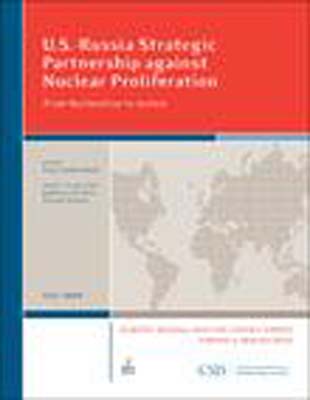Source: CSIS/IFRI Report
 There are presently clear indications that we are about to see a revival of nuclear energy worldwide. It is important to make this expansion of nuclear energy for the production of electricity and desalinated water as safe and secure as possible. In the coming decade, however, the rate of this expansion will be limited by several factors: in recipient states, by the lack of an adequate industrial infrastructure or an insufficient nuclear safety culture with a truly independent control organization; and in supplier states, by a limited capacity to produce certain types of nuclear equipment, such as reactor vessels. Since there is no rush, we have time to “do” nuclear right. Doing it right means, in particular, putting stronger barriers to proliferation in place before, not after, new nuclear capabilities spread.
There are presently clear indications that we are about to see a revival of nuclear energy worldwide. It is important to make this expansion of nuclear energy for the production of electricity and desalinated water as safe and secure as possible. In the coming decade, however, the rate of this expansion will be limited by several factors: in recipient states, by the lack of an adequate industrial infrastructure or an insufficient nuclear safety culture with a truly independent control organization; and in supplier states, by a limited capacity to produce certain types of nuclear equipment, such as reactor vessels. Since there is no rush, we have time to “do” nuclear right. Doing it right means, in particular, putting stronger barriers to proliferation in place before, not after, new nuclear capabilities spread.
The present analysis has identified five areas (among many others) where the United States, Russia, and the European Union should closely cooperate in order to strengthen the nonproliferation regime: enforcing UN Security Council resolutions on Iran; addressing cases of noncompliance; improving security of supply and discouraging the spread of sensitive technologies; strengthening export criteria for the Nuclear Suppliers Group; and preparing the 2010 Nuclear Non-Proliferation Treaty review conference.
This study is part of a series being published by the joint CSIS/IFRI project “Europe, Russia, and the United States: Finding a New Balance,” which seeks to reframe the trilateral relationship for the relevant policymaking communities.







